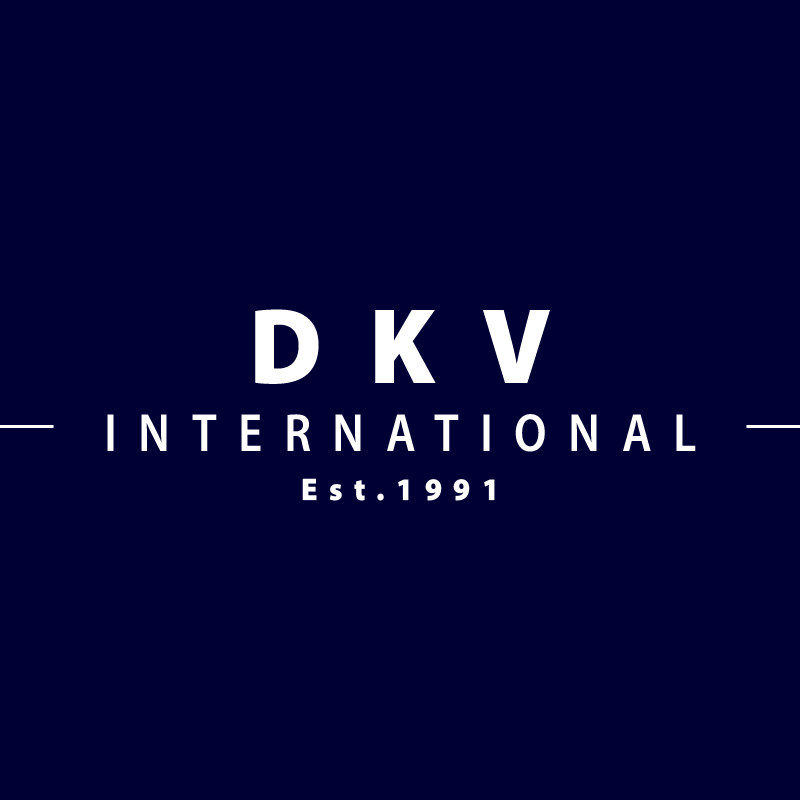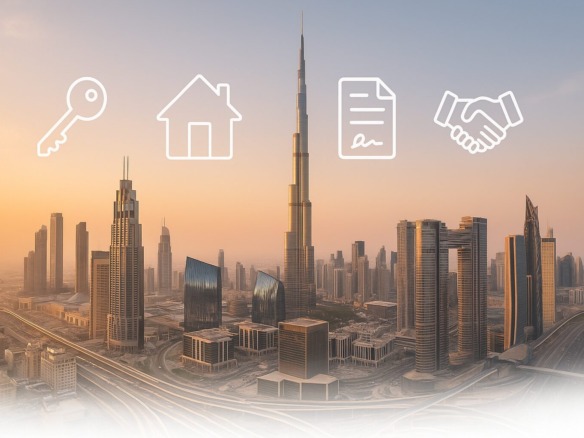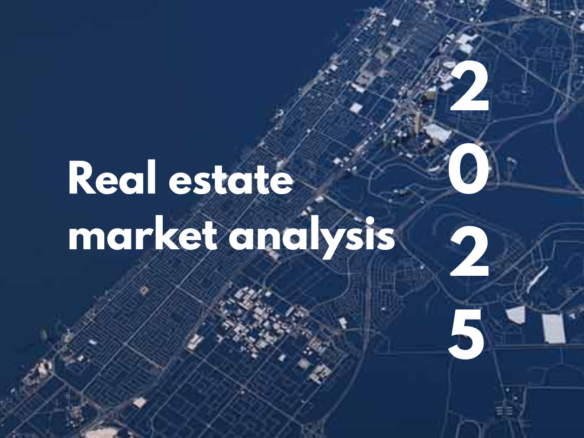Introduction
Dubai is setting a new benchmark in the global real estate market with the Dubai Land Department’s (DLD) real estate tokenization pilot project. This initiative integrates blockchain technology into property transactions, unlocking opportunities for fractional ownership, seamless digital trading, and enhanced security.
With real estate tokenization projected to reach $16 billion by 2033, Dubai’s commitment to this cutting-edge technology positions the city as a global leader in real estate innovation and virtual assets.
What is Real Estate Tokenization?
Real estate tokenization is the process of converting property ownership into digital tokens on a blockchain. These tokens represent a fractional share of a real estate asset, allowing investors to buy, sell, and trade portions of a property seamlessly.
Key Benefits of Real Estate Tokenization
- Fractional Ownership: Investors can purchase smaller shares of high-value properties, making real estate more accessible.
- Enhanced Liquidity: Tokenized assets can be traded more easily compared to traditional real estate.
- Security & Transparency: Blockchain ensures immutable records, reducing fraud.
- Lower Transaction Costs: Smart contracts eliminate intermediaries, reducing legal and administrative fees.
- Global Accessibility: Investors from anywhere in the world can invest in Dubai’s booming real estate market.
Objectives of the Dubai Land Department’s Tokenization Pilot
The Dubai Land Department is rolling out this pilot project to:
- Establish a secure, digital method for property transactions.
- Enhance accessibility for international investors.
- Streamline the process of property trading using blockchain.
- Develop regulatory frameworks that ensure compliance with Dubai’s virtual asset laws.
This initiative aligns with Dubai’s Blockchain Strategy, which aims to digitize 50% of government transactions using blockchain.
Strategic Partnerships Powering the Tokenization Project
Dubai’s real estate tokenization project involves collaboration with leading blockchain firms, fintech companies, and regulatory bodies. Key partners may include:
- Dubai’s Virtual Assets Regulatory Authority (VARA): Ensuring legal compliance.
- Blockchain platforms like Ethereum or Hyperledger: Supporting secure token issuance.
- Financial institutions and real estate developers: Enabling investment opportunities.
How Tokenization Will Impact Dubai’s Real Estate Market
The introduction of real estate tokenization in Dubai will:
- Attract international investors by removing barriers to entry.
- Accelerate property transactions by eliminating time-consuming paperwork.
- Increase market liquidity, making it easier to buy and sell property assets.
- Strengthen Dubai’s global reputation as a leader in blockchain and real estate innovation.
Dubai’s Vision for the Future: A $16 Billion Market by 2033
Dubai’s real estate tokenization market is expected to grow exponentially, with forecasts suggesting it could be worth $16 billion by 2033. The government’s strong regulatory framework and investor-friendly policies make Dubai an ideal destination for blockchain-based property investment.
Conclusion: The Future of Property Investment is Digital
Dubai’s real estate tokenization pilot project is a pioneering move toward digitizing the property sector. With blockchain technology offering security, liquidity, and accessibility, the future of property investment in Dubai is more inclusive and innovative than ever before.
Are you ready to explore the future of real estate investment? Stay updated on Dubai’s tokenization journey! 🚀




